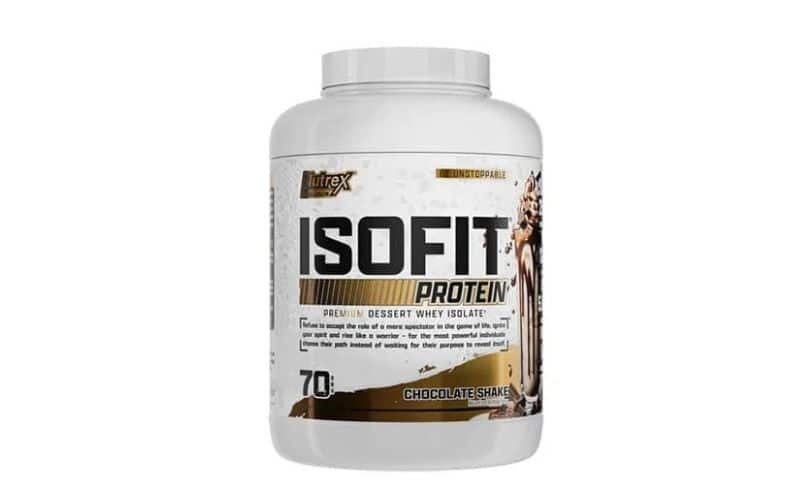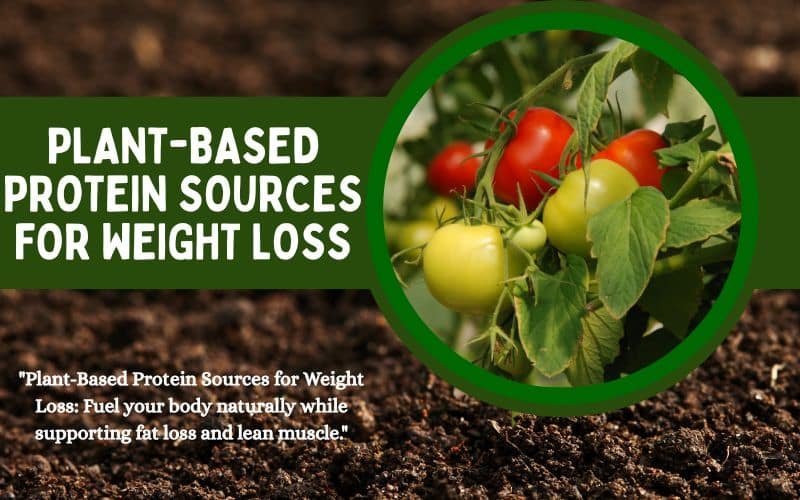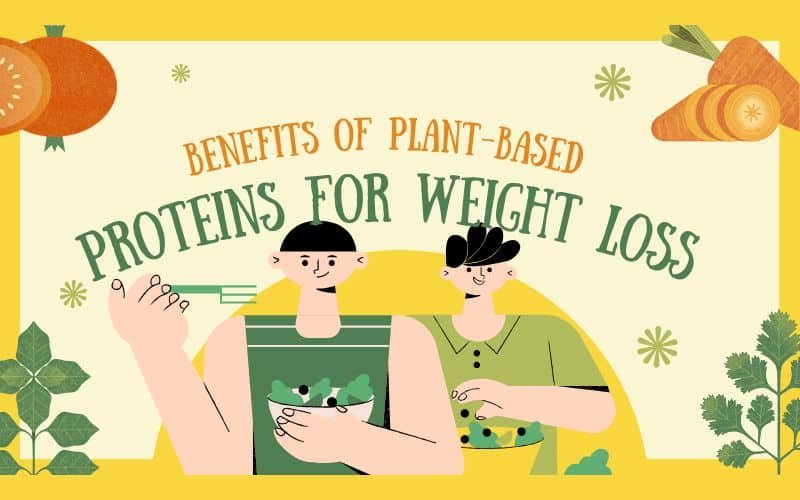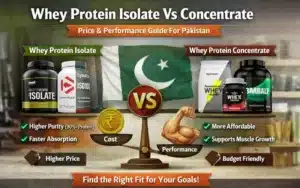No products in the cart.
Return To ShopBenefits of Plant-Based Proteins for Weight Loss
Weight loss journeys often emphasize calorie restriction and intense exercise, but one critical factor is frequently overlooked: the quality of protein intake. While animal proteins like chicken, fish, and whey are popular choices, plant-based proteins are emerging as a powerful tool for effective and sustainable weight loss. Beyond supporting muscle growth, they aid digestion, improve satiety, and offer long-term health benefits. Let’s explore why plant-based proteins should be part of your weight loss strategy.
Why Protein Matters in Weight Loss
Protein plays a key role in fat reduction because it supports muscle maintenance, regulates appetite, and boosts metabolism. When you consume enough protein, your body burns more calories during digestion, while also reducing cravings for unhealthy snacks. Choosing the right protein sources can make or break your weight loss plan.
Plant-Based Proteins vs. Animal Proteins
Both animal and plant proteins help with weight loss, but their nutrient profiles differ.
- Animal Proteins: Rich in essential amino acids but often come with saturated fats and cholesterol.
- Plant Proteins: Provide fiber, antioxidants, and lower fat content, making them ideal for weight management.
Unlike animal sources, plant proteins like lentils, soy, peas, and brown rice combine muscle support with digestive benefits, making them a smart option for sustainable fat loss.
Example: Choosing Vegan Plant Protein can deliver high-quality amino acids without excess calories.
Top Benefits of Plant-Based Proteins for Weight Loss
1. Enhanced Satiety and Appetite Control
One of the most significant advantages of plant-based proteins is their fiber content. Unlike whey or meat proteins, plant sources keep you fuller for longer, reducing the urge to snack unnecessarily.
2. Supports Lean Muscle Growth
Plant proteins are now formulated with complete amino acid profiles. Options like pea-rice blends ensure that your body gets what it needs to build lean muscle while burning fat.
Try nutrient-dense options from Protein collections for balanced weight management.

3. Low in Fat, High in Nutrients
Plant-based proteins naturally have lower saturated fat content compared to animal products. They also bring in phytonutrients, vitamins, and minerals that support metabolism and fat burning.
4. Gut-Friendly & Improves Digestion
Proteins like soy, hemp, and pea are easier on digestion, reducing bloating compared to dairy-based proteins. For many, this makes plant proteins not only effective but also comfortable to consume daily.
5. Sustainable & Heart-Healthy Choice
Plant-based proteins reduce the risk of lifestyle diseases such as heart problems and cholesterol buildup. For weight loss, this makes them a healthier long-term option.
Plant-Based Protein Sources for Weight Loss

Here are some excellent whole-food and supplement-based protein options:
- Lentils, chickpeas, and beans
- Tofu and tempeh
- Quinoa and brown rice
- Pea and soy protein powders
- Blended powders like Isolate Protein for complete amino support
For more nutrition insights, explore Health & Wellness supplements.
How to Add Plant Proteins into a Weight Loss Diet
Introducing plant-based proteins doesn’t require giving up traditional meals. Instead, you can incorporate them gradually:
- Replace one meal shake with a plant-based protein smoothie.
- Add chickpeas or lentils to salads for fiber-rich protein.
- Use pea or soy protein powder in oatmeal, pancakes, or smoothies.
- Alternate between Whey Protein and vegan protein for variety.
For recipe inspiration, check Vegan Protein Shake Recipes that combine taste with weight loss benefits.
Common Misconceptions About Plant Proteins
Despite their benefits, myths persist around plant proteins:
- “They don’t build muscle.” Modern plant blends provide complete amino acids for growth.
- “They lack taste.” With flavored blends and recipes, they’re just as enjoyable as whey shakes.
- “They’re expensive.” Many local and international brands offer affordable vegan protein options.
Learn more about these debates in Whey vs. Soy Protein in Pakistan.
FAQs
Q1: Can plant-based proteins replace whey for weight loss?
Yes. With complete amino acid formulations, plant proteins can be as effective as whey for fat loss and muscle retention.
Q2: Do plant-based proteins cause bloating?
No, in fact, they’re often gentler on the stomach compared to dairy proteins.
Q3: How much plant protein should I consume daily?
Aim for 1.2–1.6g of protein per kg of body weight, whether from plant or animal sources.
Q4: Are plant proteins suitable for women’s weight loss diets?
Absolutely. They support metabolism, hormonal balance, and lean muscle growth.
Conclusion
The benefits of plant-based proteins for weight loss go beyond calorie counting. They provide satiety, support lean muscle, improve digestion, and contribute to long-term health. Whether you’re looking to shed pounds sustainably or improve overall wellness, adding plant-based proteins is a smart strategy.
Explore options like Vegan Plant Protein and other Protein supplements to start your journey toward healthy, plant-powered weight loss today.









Add comment